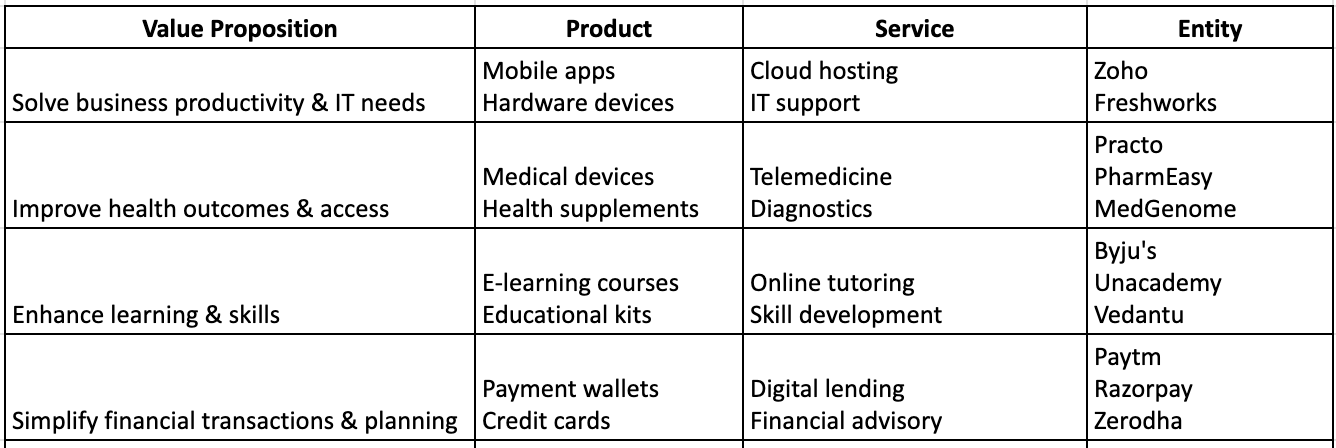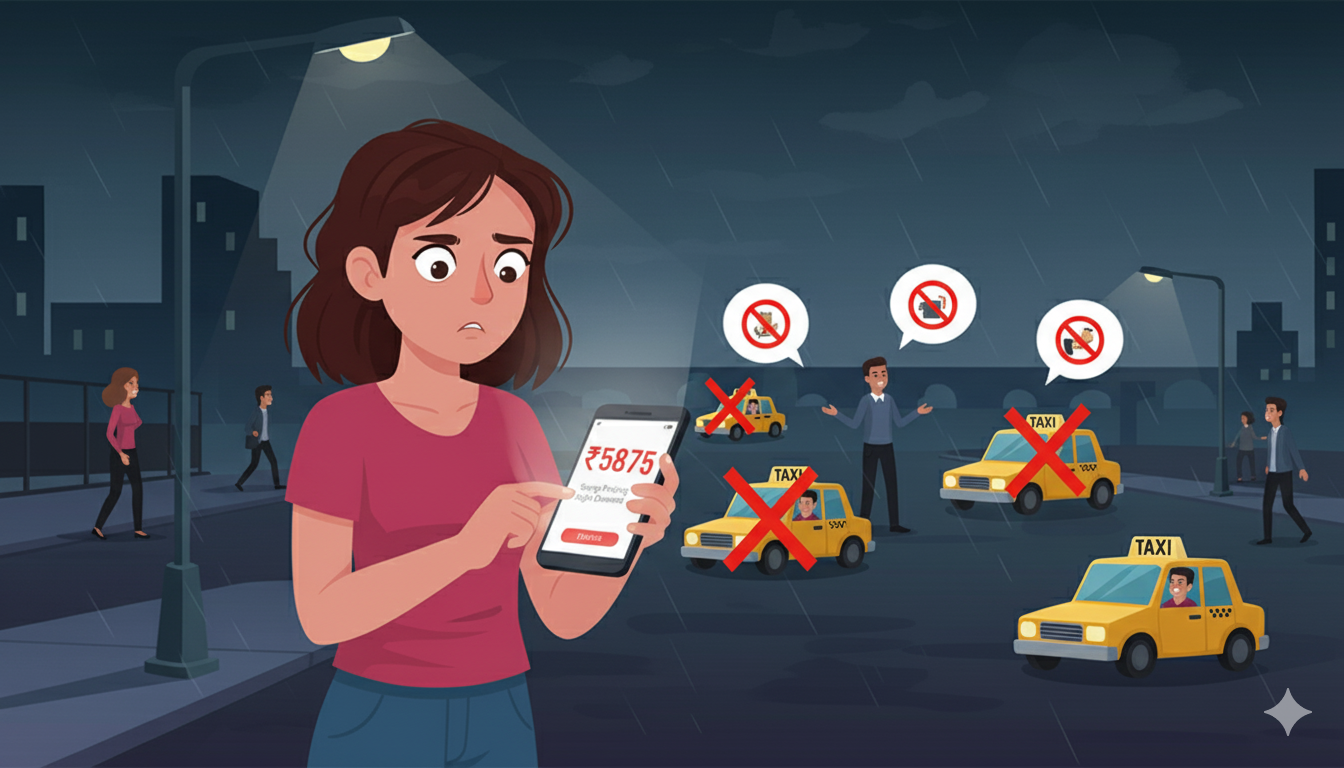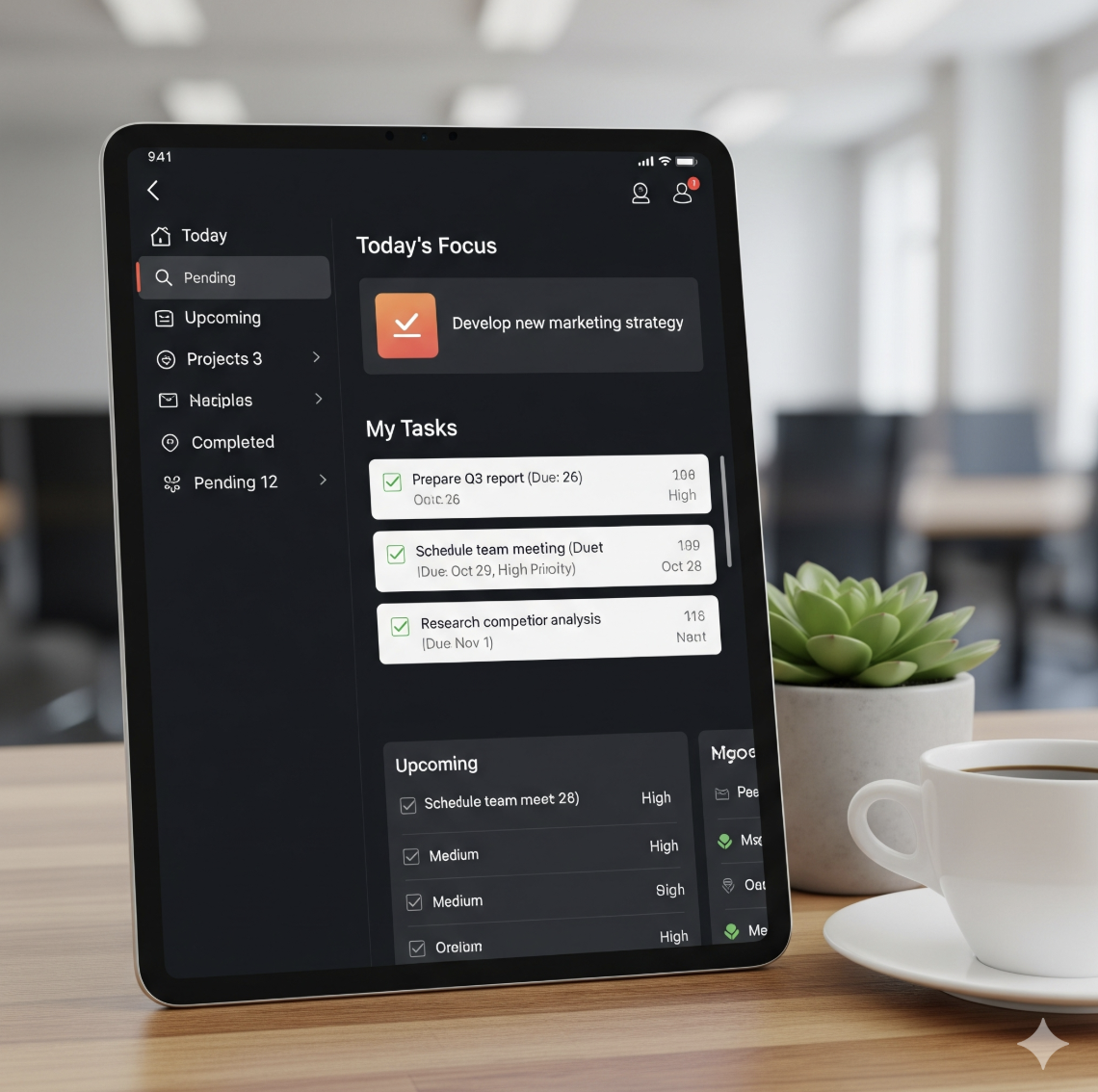Lets start with absolute basics. First thing we need to start a business is knowing your goal.
What is your goal?
A Goal of any business is to make money
Every activity you do in business should be linked to making money
Business makes money when you successfully sell a Value proposition
Choose Bootstrap model or Venture Capital Funded model
In Bootstrap model, founders grow their business without external funding. Founders own 100% of the company. Focus will be more on product and the customer rather than reaching milestones set by Investors. Founders get paid only through direct sales to customer. Founders may choose to sell their company later.
In VC Funded model, you will be paid by VC to run your business. Your focus will be more on increasing value of the company. You will mostly get the returns only when it is acquired by a bigger company. VC will fund your salary and other operating expenses.
What is your Value proposition?
Value proposition solves a customer problem or satisfies a need better than alternatives
Value proposition can be a product, service or an entity
Value proposition is always targeted towards a specific Customer Segment
To ensure success, your value proposition has to be a Unique Selling Proposition (USP), a value only you can provide

What is Customer Segment?
For whom we are creating value
Mass market - One large group of people with similar needs and problems
Niche market - Customer with specific and specialized requirements
Segmented - Customers with different capabilities. For example: Low-income, Middle-income and High income
Diversified - Two unrelated customer segments who can use the same product. Example: Google Workspace, AWS Services
Multisided platforms - For example, YouTube Ads revenue from free users and YouTube premium from paid users
Why knowing customer segment is crucial?
Helps to customize your product or service as per the customer segments
What are your Key Activities?
Key activities are the main things a business does every day
Designing, developing, mass manufacturing, hiring, employee training, marketing, selling, etc
Key activities can be Production, Problem Solving & Providing Platform or Network
What are your Key Resources?
Key resources enables and help to perform Key activities of the business
Employees, Machines, Office Space etc
Key resources can be physical, intellectual, human or financial
Who are your Key Partners?
Key partners are your strategic business partners, often a different entity who supports you with your Key activities with their Key Resources
Tata Consultancy Services is a Key Partner for Toyota Motors NA to manage their IT infrastructure
What is your Cost Structure?
While performing your Key activities to produce Value, you spend some money to create that value
Employee Salary, Office Rent, Google Subscriptions, AWS Costs, Utility Bills, Machine Rentals, Fees paid to Key Partners etc
Cost structure can be cost-driven, value-driven, fixed costs, variable costs, economies of scale or economies of scope
What are your Distribution Channels?
How can customer reach out to you, to buy your product or service?
Website, Retail Store, Online Store, Delivery Apps, etc.
Channels can be owned by you or a Key partner
Channels are used to
Create awareness of your product (YouTube, Google Ads, Instagram, etc)
Sell your product or service (Web sales, own stores, partner stores, wholesale)
Deliver your value proposition
Provide post-sales support
How do manage your Customer Relationship?
What are the type of relationsips does each of your customer segment expect you to establish and maintain with them
Customer Relationships can be Personal Assistance, Dedicated Personal Assistance, Self-Service, Automated Services, Communities or Co-creation
How do you generate Revenue Streams?
How does customer pay for the value you provide?
Revenue can be made by Asset sale, Usage Fee, Subscription Fee, Lending/Renting/Leasing or Licensing









